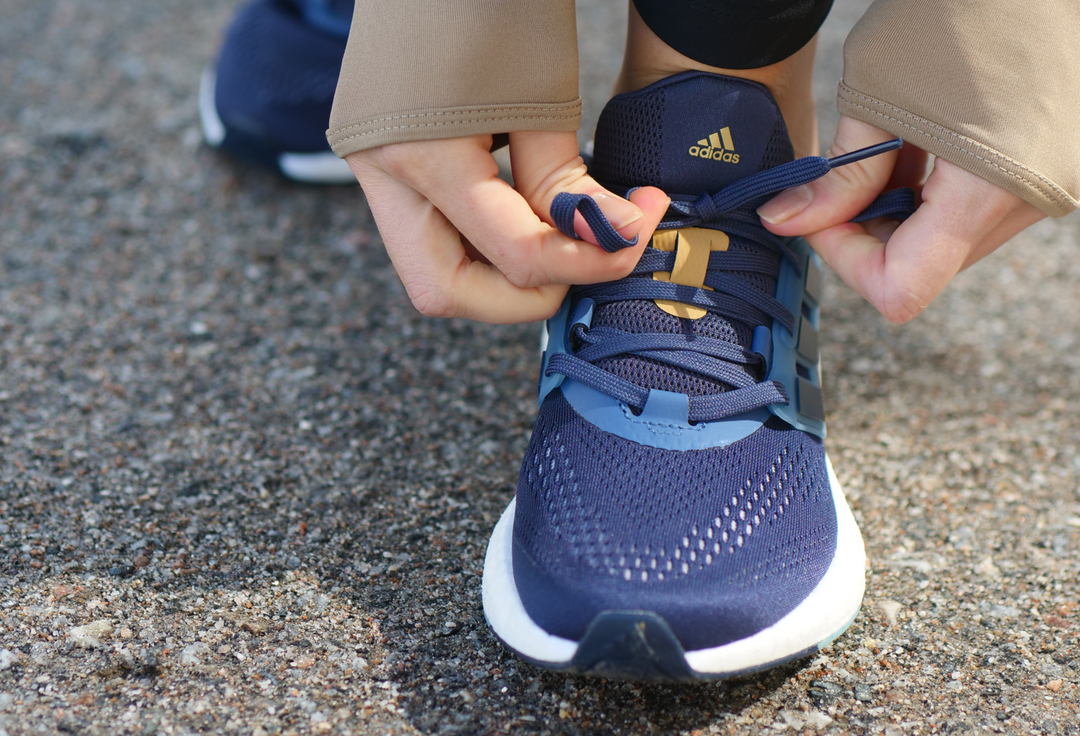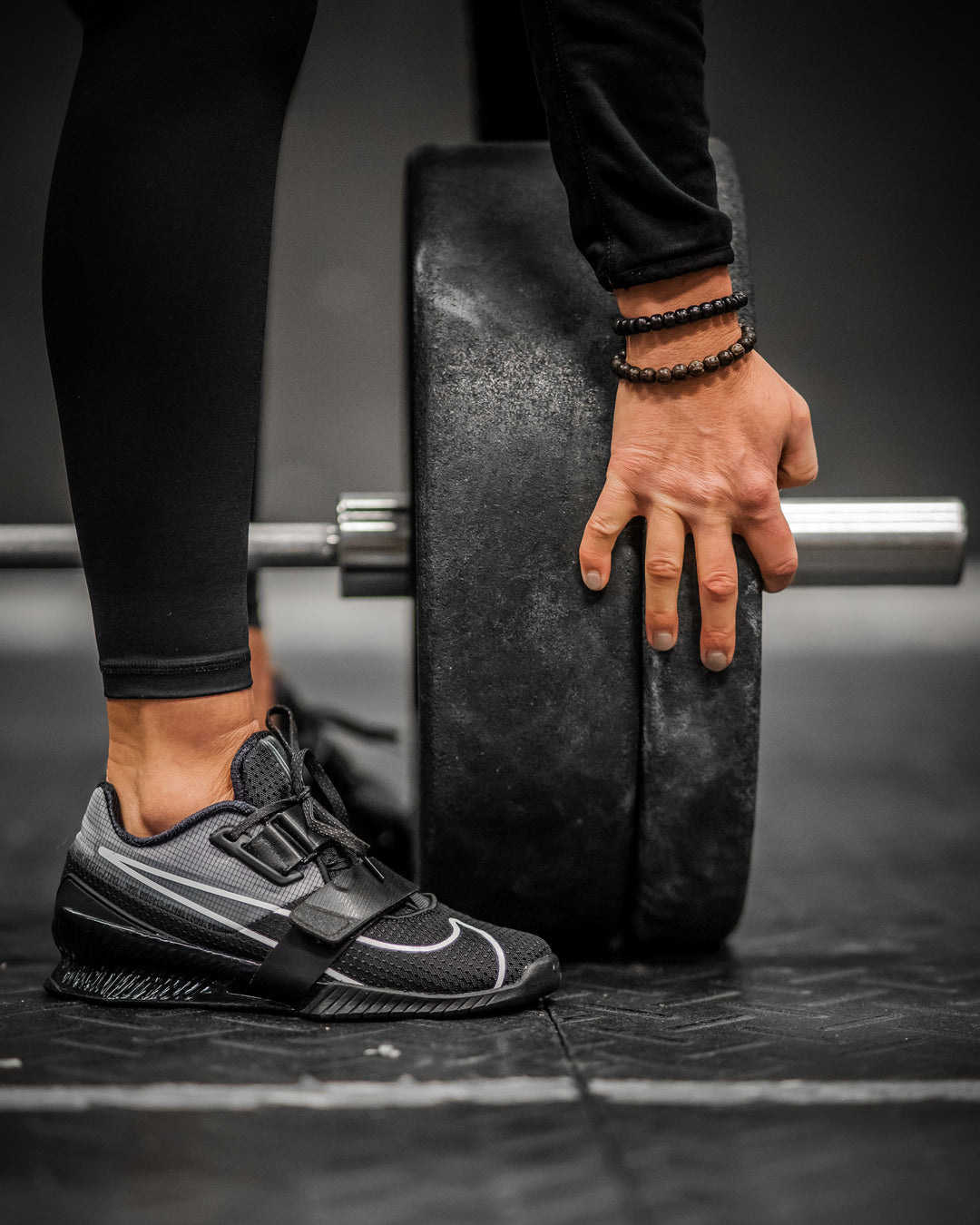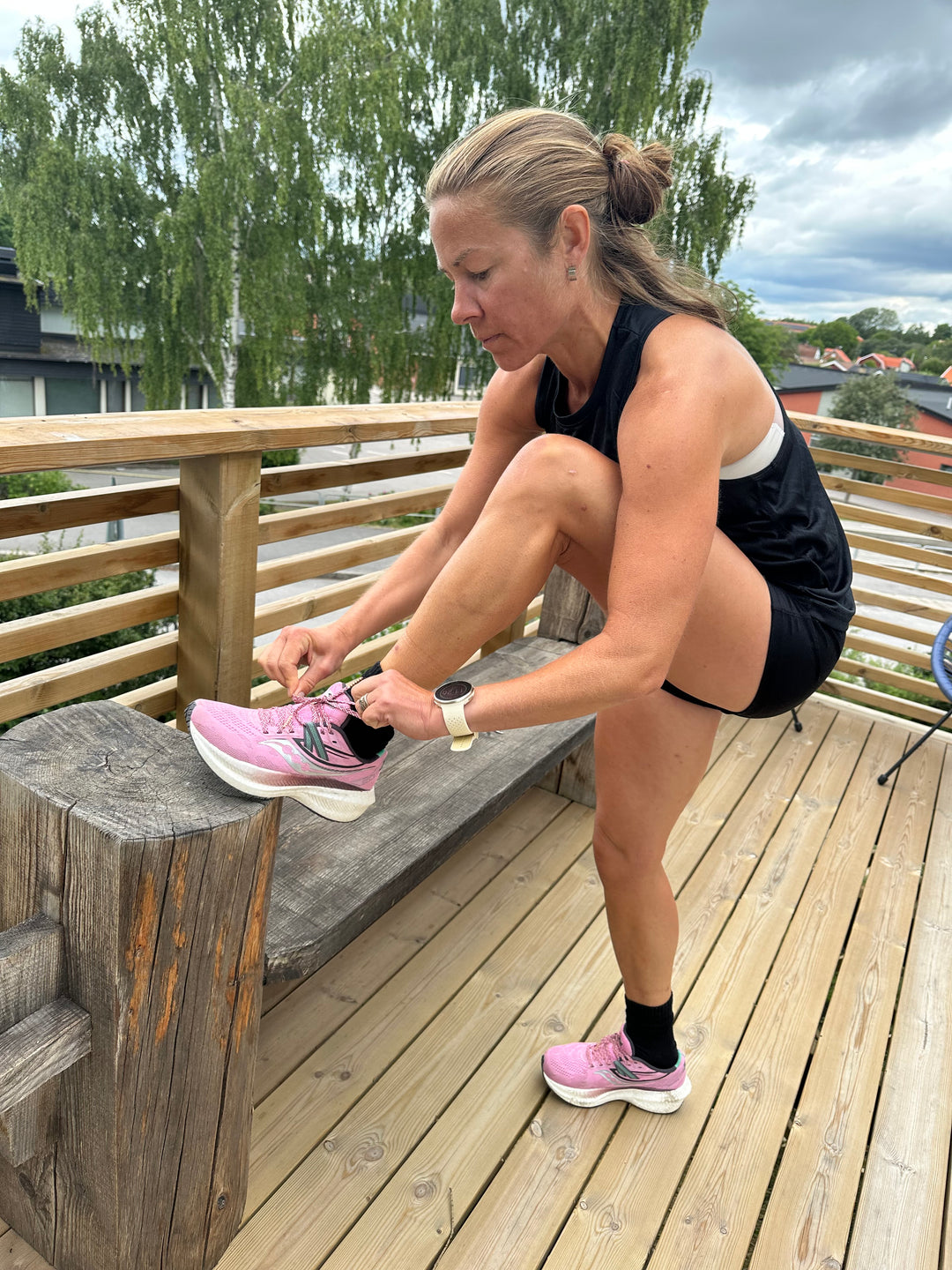Should you weigh your food or not when exercising?
What are the advantages of weighing the food you eat, and are there any disadvantages? Dietitian and sports nutritionist Emma Lindblom knows!
Google "weighing food during exercise" and you will get many hits. The topic is discussedras on several training forums where people are both for and against doing it. Emma Lindblom is a licensed dietician, personal trainer, has a master's degree in sports science and is a sports nutritionist at the Swedish Sports Confederation. She occasionally uses food weighing in her profession.
- "I use food weighing to find out the amount of food so I can assess how much energy and nutrition the person is getting," says Emma Lindblom, whose website you can find HERE, and continues:
- "I don't think it's something that anyone should do all the time, but I let some of my athletes do it for a week for dietary registration so that I can see that they are getting enough energy in the form of carbohydrates, protein and fat.
Who can benefit from weighing their food?
- If you have an absolutely problem-free relationship with food and exercise, you can do it to get an idea of what a normal portion is and how much you're getting. Many people who come to me, both those who are elite athletes and those who are not, do not know how much food they need and weighing and measuring can be a way to find out. But in that case, you have to find out how much you need first, and that requires a bit more knowledge.
Kan are there any risks associated with weighing food?
- Some people I would not recommend weighing their food and these are people who have an eating disorder or who are on the verge of having one. In the world of sport and exercise, it can be a problem if you become so attached to quantities that it becomes a disruptive behavior. Many people record their food through apps, but many apps underestimate energy needs and focus on weight loss. This can lead to many problems, such as energy deficiency, lowered immune system and osteoporosis.
Are there any good guidelines for what a normal portion size is?
- You can actually use the plate model to get an idea, but it does not show the amount. The Swedish National Food Agency also has menus that show the amount of energy.
Isit possible to say what is a "normal" portion size?
- There is no "one size fits all", it depends on your energy needs, body composition, genetics, how you exercise, how you take care of yourself and your daily life. But it is safe to say that everyone needs three main meals, breakfast, lunch and dinner, which should be larger meals containing fat, protein, carbohydrates and vegetables. Then you should add snacks depending on how much energy you need to get and what your schedule looks like based on how you work and train. On days when you exercise, you may need extra snacks. Adjusting your energy intake based on the amount of exercise you do is called a periodized diet.
How do I find out how much food I should eat to achieve my results?
- There are methods you can use to get an estimate. You can use heart rate monitors to estimate your energy needs, there are also different equations that calculate it based on your weight, gender and activity level but they are more general, and you can measure your metabolic rate in the lab.
Are there general guidelines on how much protein I should eat per day?
- Yes, there are. The recommendations for protein intake are from 0.8 grams up to two grams of protein per kilogram of body weight per day. A teenage boy who exercises needs two grams, while a person who exercises a few times a week needs about 0.8 grams of protein per kilogram of body weight. So if you weigh 60 kg and need two grams per kg of body weight, you should get 120 grams of protein per day. Then divide the amount of protein you need into the number of meals you eat in a day. It is never good to eat too much of anything, no matter what it is. What many people don't realize is that even protein turns into fat if you eat too much of it.
How do I get a normalized relationship with food?
- It's difficult, but don't read everything in the newspapers and be critical of your sources. Now, for example, protein bars and the like have become very popular and this is because companies have spent a lot of money on marketing. The Swedish Food Agency's website is credible because the information there is evidence-based, i.e. it is based on studies and research. Many people dras with a bad conscience when it comes to food, but I believe in eating regular, good food and indulging sometimes. Most people know what is healthy and good food. It's rare for someone to become overweight from just eating food, it's all the other stuff like snacks, sweets and alcohol that leads to it. It can help to see a nutritionist or a dietician who has an understanding of how the body works. Many people know a lot about nutrition but lack the knowledge of how the body handles things.
What is the most common question you get from people who exercise about diet?
- It's how much protein they need to eat. I also get asked if gluten is dangerous? The answer to that is no, unless you are gluten intolerant. Many people realize when they meet me that they have miscalculated the energy cost ofras sports, that they simply don't eat enough. Many tell me that they have cut down on carbohydrates because they have read that it is good, but if you practice a sport in large quantities, with high intensity and which requires concentration and coordination, you need carbohydrates to be able to perform
READ MORE: Why you should eat carbohydrates when you exercise
 Emma Lindblom's best dietary advice for a person who exercises regularly is: -Periodize your energy intake according to the amount of exercise and make sure you get both carbohydrates, fat and protein. Photo: Private
Emma Lindblom's best dietary advice for a person who exercises regularly is: -Periodize your energy intake according to the amount of exercise and make sure you get both carbohydrates, fat and protein. Photo: Private
A good pre-workout snack!
- Banana pancakes made with a deciliter of oatmeal, a banana and an egg with some berries and a dollop of Greek yogurt. If you prefer to drink a smoothie, I recommend adding a banana and oatmeal to get the carbs and make it a little more filling. Dried fruit is also good because it's a lot of carbohydrates in a small space. Avoid large amounts of fiber and fat before exercise as this can cause stomach problems," says Emma Lindblom.
READ MORE: The best carbohydrates for exercisers
READ MORE: How Alex Shirpey eats and trains







